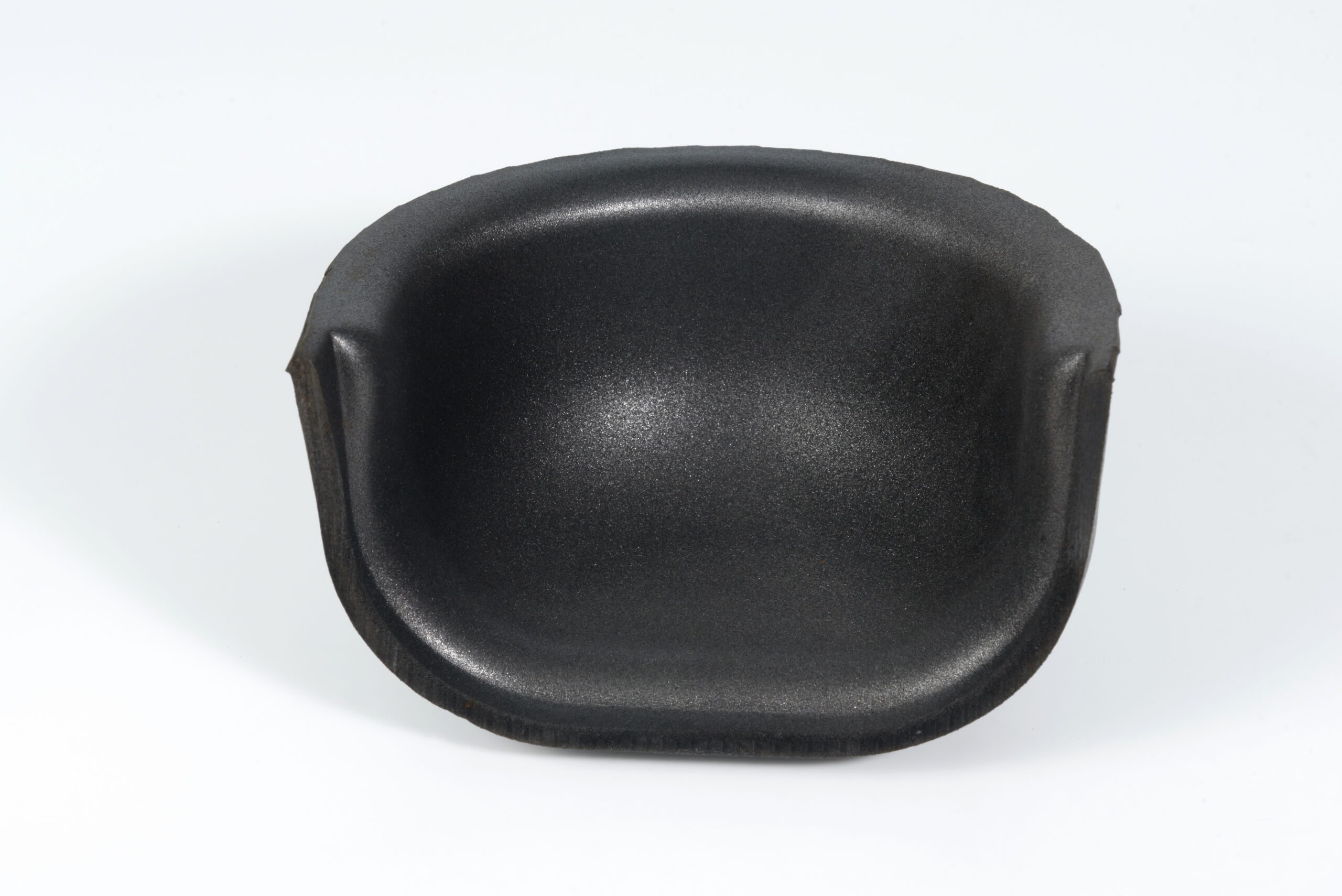The development of foam materials and their applications has undergone significant evolution, with foam heat press and thermal foam technologies standing out as notable advancements. These technologies have become essential in various industries, providing solutions for thermal management, insulation, and structural applications. This article explores the advanced concepts of foam heat press and thermal foam, highlighting their industrial applications and benefits.
Foam Heat Press Technology
Foam heat press technology involves the use of heat and pressure to mold foam materials into specific shapes and configurations. This process enhances the physical properties of the foam, making it suitable for various industrial applications.
Process Overview
- Material Selection: The process begins with selecting the appropriate foam material, such as polyurethane, polyethylene, or silicone foam, based on the desired application. Each material offers unique properties that can be optimized for specific uses.
- Heating: The foam is heated to a specific temperature, making it pliable and easy to mold. The precise control of temperature is crucial to achieve the desired consistency and quality of the final product.
- Pressing: The heated foam is placed in a mold and subjected to high pressure. This step ensures that the foam takes on the desired shape and retains it after cooling. The application of pressure is carefully calibrated to ensure uniformity and structural integrity.
- Cooling: The molded foam is cooled to solidify its shape and enhance its structural integrity. Rapid cooling can prevent deformation and ensure the durability of the foam product.
Benefits of Foam Heat Press
- Customizability: Foam heat press allows for the creation of custom shapes and designs, catering to specific industrial needs. This flexibility makes it possible to produce complex components that meet precise specifications.
- Enhanced Properties: The process improves the foam’s mechanical and thermal properties, making it more durable and efficient. These enhancements can include increased tensile strength, better heat resistance, and improved longevity.
- Versatility: Foam heat press can be applied to various foam types, broadening its range of applications. This versatility enables its use in diverse industries, from automotive to healthcare.
Thermal Foam Technology
Thermal foam, also known as thermally conductive foam, is designed to manage and dissipate heat in electronic and industrial applications. These foams are typically made from materials with high thermal conductivity, such as graphite, aluminum, or specialized polymers.
Key Features
- High Thermal Conductivity: Thermal foams efficiently transfer heat away from critical components, preventing overheating. This is essential in maintaining the performance and reliability of electronic devices.
- Lightweight: Despite their thermal properties, these foams are lightweight, adding minimal weight to the overall system. This characteristic is particularly beneficial in applications where weight reduction is critical, such as in aerospace and automotive industries.
- Flexibility: Thermal foams can be easily cut and shaped to fit various configurations and spaces. This adaptability ensures that they can be integrated into complex assemblies and tight spaces.
Industrial Applications
Electronics and Telecommunications
- Heat Sinks and Spreaders: Thermal foams are used in electronic devices as heat sinks and spreaders, ensuring efficient heat dissipation. They help maintain optimal operating temperatures, extending the lifespan of electronic components.
- Battery Management Systems: In electric vehicles and portable electronics, thermal foams help manage the temperature of battery packs, enhancing safety and performance. Proper thermal management is crucial to prevent overheating and ensure reliable operation.
Automotive Industry
- Interior Insulation: Foam heat press technology is used to create custom insulation panels for automotive interiors, improving thermal comfort and noise reduction. These panels enhance the overall driving experience by providing better climate control and sound insulation.
- Engine Components: Thermal foams are employed in engine compartments to manage heat and protect sensitive components. This application helps in maintaining engine efficiency and preventing heat-related damage.
Construction and HVAC
- Insulation Panels: Foam heat press is utilized to produce insulation panels for buildings, enhancing energy efficiency and temperature regulation. These panels contribute to reduced energy consumption and improved indoor comfort.
- Duct Linings: Thermal foams line HVAC ducts, reducing energy loss and improving overall system performance. By minimizing heat transfer, they help maintain the desired temperature within buildings.
Medical Devices
- Patient Comfort: Custom-shaped foam pads and supports are made using foam heat press technology, ensuring patient comfort and support in medical devices. These products provide ergonomic support and pressure relief, improving patient care.
- Thermal Management: Thermal foams are integrated into medical devices to manage heat generated by electronic components, ensuring reliable operation. Effective thermal management is essential for the safe and efficient functioning of medical equipment.
Foamtec International’s Expertise
Foamtec International is a leading provider in both foam heat press and thermal foam technologies. With extensive experience and a proven track record, Foamtec International services all related industries mentioned above. Their expertise ensures high-quality solutions tailored to meet specific industrial needs, making them a trusted partner in the field of advanced foam technologies.
Foamtec International’s comprehensive understanding of material science and engineering allows them to deliver customized solutions that address the unique challenges faced by different industries. Their commitment to innovation and quality has positioned them as a key player in the advancement of foam technologies.
The advanced concepts of foam heat press and thermal foam technologies offer significant benefits and diverse applications across various industries. By enhancing the physical and thermal properties of foam materials, these technologies provide innovative solutions for thermal management, insulation, and structural integrity. As industries continue to evolve, the adoption of these advanced foam technologies is expected to grow, driving further innovation and efficiency.




